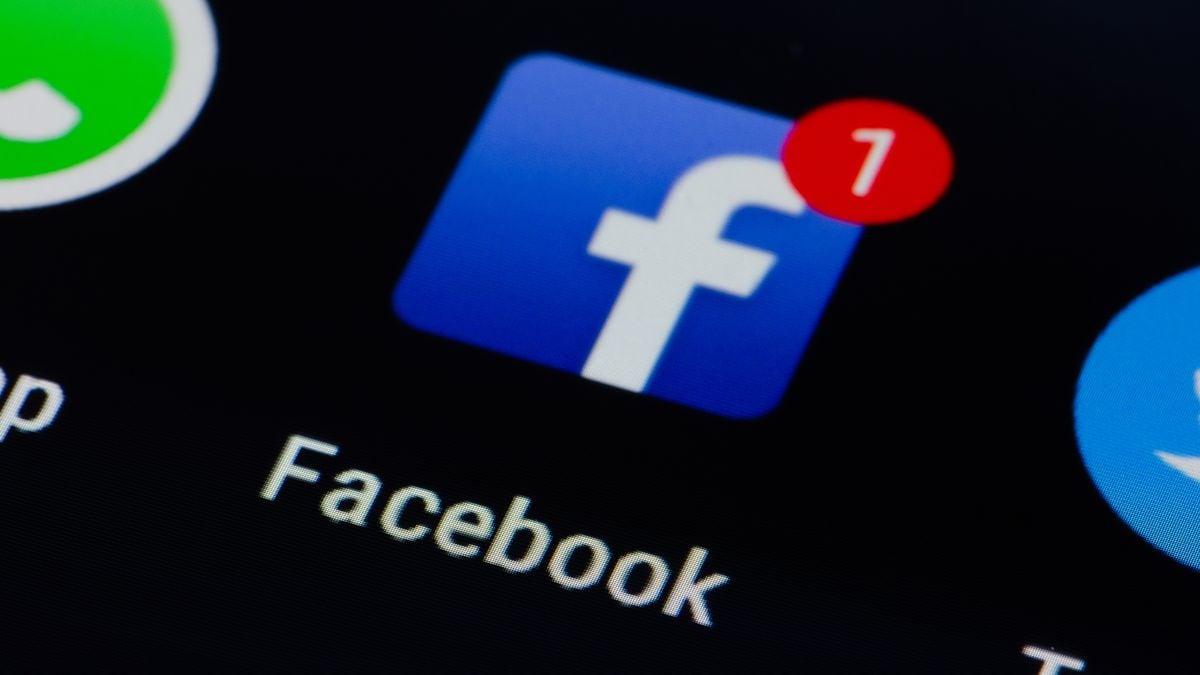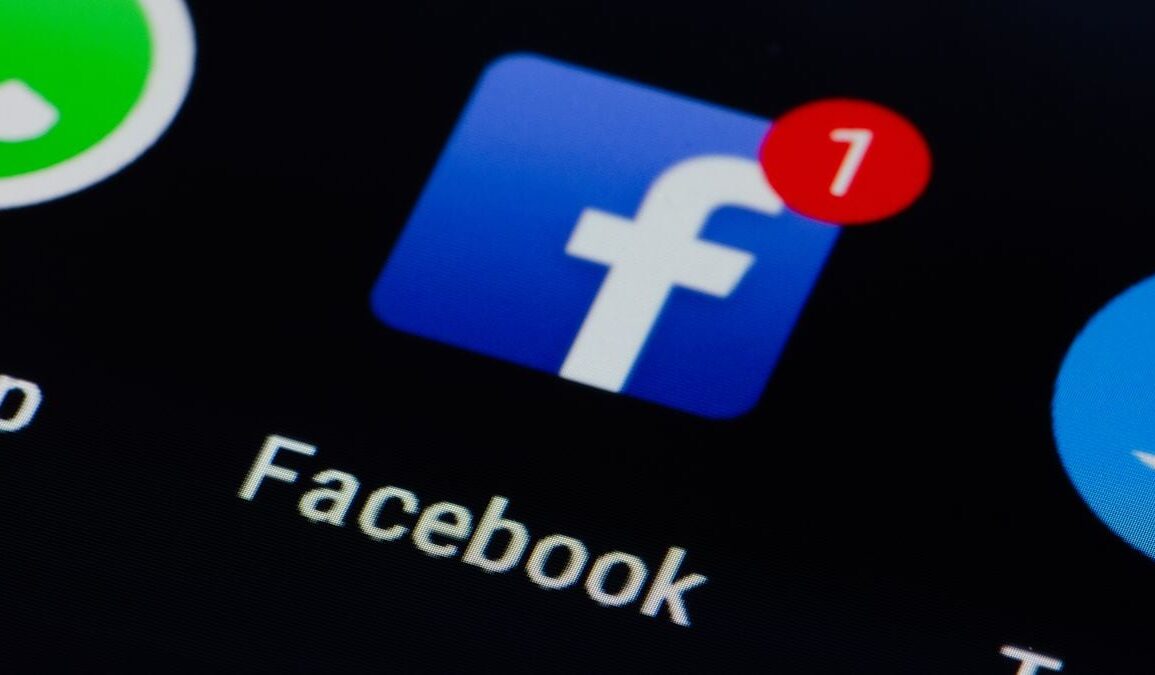
TALLAHASSEE — Florida lawmakers passed new restrictions on social media for kids on Wednesday, setting up a likely court challenge after it’s approved by Gov. Ron DeSantis.
Under House Bill 3, kids in Florida aged 13 and under would be banned from creating accounts on certain social media platforms, and 14- and 15-year-olds would need a parent’s permission.
Kids under 18 would also be banned from accessing adult websites. Everyone would have to prove their age — through methods such as facial scans or showing an ID — to access adult sites, a provision that is also likely to be challenged in the courts.
The legislation passed with bipartisan support, 30-5 in the Senate and 109-4 in the House.
The legislation now goes to the governor’s desk. On Friday, he vetoed similar but stricter legislation in part over concerns that it took away the rights of parents.
House Speaker Paul Renner, R-Palm Coast, said he expected the governor to sign the latest legislation, following a week of negotiations with the governor.
With DeSantis’ signature, Florida will join a handful of other states that have passed bans on kids accessing social media amid an increase in teen suicides and depression.
“We can’t stand by any longer and allow these companies to own our children with this terrible content,” Sen. Erin Grall, R-Fort Pierce, said Monday.
The legislation, which would take effect July 1, would prohibit kids 13 and younger from creating or keeping accounts on social media platforms that have “addictive features,” such as push alerts or auto-playing video.
Kids who are 14 or 15 would need a parent’s permission to create an account. It isn’t clear how social media platforms would adopt a method for parents to provide such permission.
The previous legislation had an outright ban on anyone 15 and younger, which upset parental rights advocates allied with DeSantis.
Like other states, Florida is expected to be sued by social media companies to stop the legislation from taking effect. Federal judges in Ohio, Arkansas and California have all issued injunctions against those states’ laws.
A federal judge in Arkansas called that state’s bill “a breathtakingly blunt instrument for reducing social media’s harm to children.” The U.S. Supreme Court has ruled that “only in relatively narrow and well-defined circumstances” can governments block kids from content.
When asked why lawmakers didn’t take a narrower approach beyond an outright ban, bill sponsor Rep. Tyler Sirois, R-Merritt Island, said he rejected the question.
“This bill is not about speech. It’s not about content,” he said.
He added, “If this is the new town hall, then God help us.”
Khara Boender, state policy director for the Computer & Communications Industry Association, urged lawmakers to vote against the legislation this week.
“The revised bill remains problematic, infringing on minors’ First Amendment rights by creating significant barriers for younger users to access online information that every American, including minors, has a right to see,” Boender said in a statement.
DeSantis previously raised concerns about issues with constitutionality, saying in January that he wanted legislation that would “actually stick.”
To appease his concerns, lawmakers dropped a provision that would have required social media companies to adopt strict age verifications that would have potentially required all Floridians to show an ID to prove their age online.
Federal courts have rejected efforts to impose age verification requirements online because, as one judge put it in 2008, it would force users to “relinquish their anonymity to access protected speech.”
HB 3 instead requires social media companies to automatically delete accounts that it categorizes as belonging to someone younger than 14. People under 14 would be prevented from creating an account.
Many social media platforms, including Instagram and TikTok, require users to be at least 13 to use an account. However, Instagram backed away from plans to launch an Instagram Kids amid public outrage. TikTok has a platform for younger users with additional safety and privacy restrictions.
Lawmakers have refused to say which platforms would be covered under the legislation.
The legislation still requires adult websites to adopt strict age verification requirements. The sites would have to use third-party services that keep the information anonymous.
Renner said last week that he was “inviting” a legal challenge to that provision.
This post was originally published on this site be sure to check out more of their content








